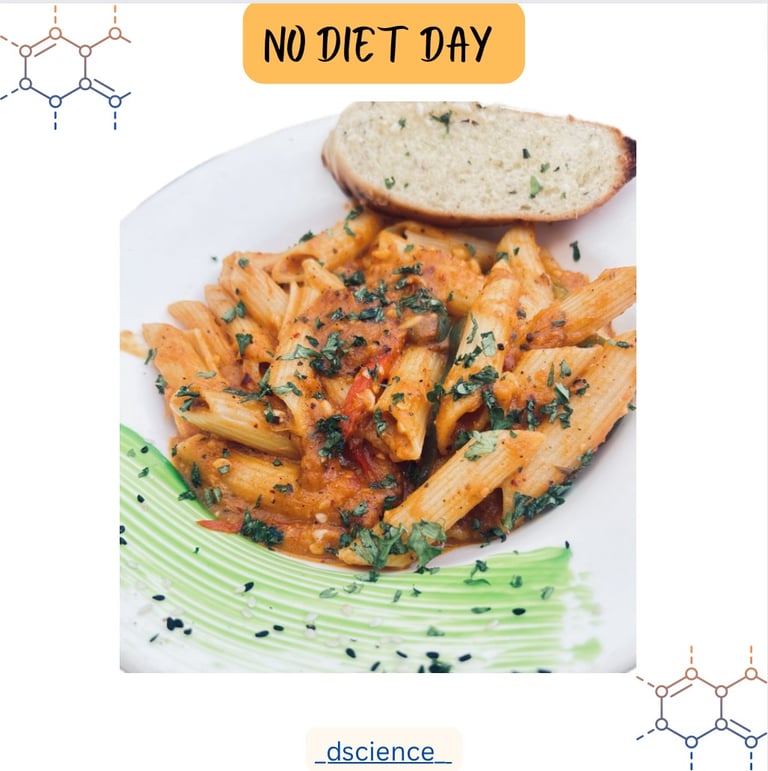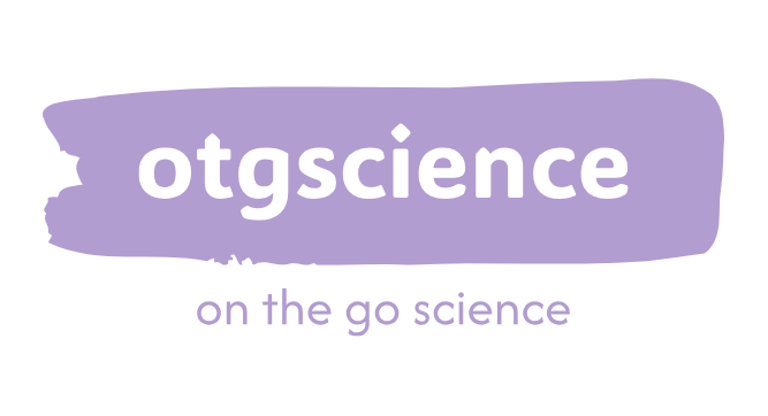International No Diet Day
3 min read
International No Diet Day
International No Diet Day is celebrated on May 6th every year. It is a day that promotes body acceptance and raises awareness about the harmful effects of diet culture. On this day, people are encouraged to reject dieting and embrace a healthy relationship with food and their bodies.
What is a Balanced Diet?
A balanced diet is a way of eating that provides all the essential nutrients, vitamins, and minerals that your body needs to function properly. It involves consuming a variety of foods from different food groups in the right proportions. A balanced diet typically includes fruits, vegetables, whole grains, lean proteins, and healthy fats.
By following a balanced diet, you can ensure that your body gets the necessary nutrients to support overall health and well-being. It can help prevent chronic diseases, maintain a healthy weight, improve digestion, boost energy levels, and support a strong immune system.
The Importance of a Healthy Diet
A healthy diet plays a crucial role in maintaining good health and preventing various health problems. Here are some key reasons why a healthy diet is important:
1. Nutrient Intake:
A healthy diet ensures that your body receives all the essential nutrients, such as carbohydrates, proteins, fats, vitamins, and minerals. These nutrients are vital for the proper functioning of your body and help support various bodily processes.
2. Weight Management:
Eating a balanced diet can help you achieve and maintain a healthy weight. By consuming the right amount of calories and nutrients, you can prevent excessive weight gain or loss. A healthy weight reduces the risk of developing obesity-related conditions like heart disease, diabetes, and certain types of cancer.
3. Disease Prevention:
A healthy diet can help prevent chronic diseases, including heart disease, stroke, diabetes, and certain types of cancer. Foods rich in antioxidants, fiber, and omega-3 fatty acids have been linked to a lower risk of these diseases. Additionally, a diet low in saturated and trans fats, cholesterol, and sodium can help maintain healthy blood pressure and cholesterol levels.
4. Energy and Productivity:
Providing your body with the right nutrients can boost your energy levels and improve overall productivity. A well-balanced diet ensures a steady supply of energy throughout the day, enabling you to perform daily tasks efficiently.
5. Mental Health:
There is a strong connection between diet and mental health. Certain nutrients, such as omega-3 fatty acids, B vitamins, and antioxidants, have been found to support brain health and reduce the risk of mental disorders like depression and anxiety. Eating a healthy diet can also improve mood, cognitive function, and overall mental well-being.
Trending Diet Plans
In recent years, various diet plans have gained popularity due to their claimed health benefits and weight loss effects. Here are a few trending diet plans:
1. Mediterranean Diet:
The Mediterranean diet is inspired by the eating habits of people in countries like Greece and Italy. It emphasizes consuming fruits, vegetables, whole grains, legumes, nuts, seeds, olive oil, and moderate amounts of fish, poultry, and dairy products. This diet is rich in healthy fats, fiber, antioxidants, and vitamins, and has been associated with a reduced risk of heart disease and improved overall health.
2. Ketogenic Diet:
The ketogenic diet, or keto diet, is a low-carb, high-fat diet that aims to put your body into a state of ketosis. In this state, your body burns fat for fuel instead of carbohydrates. The diet involves consuming foods like meat, fish, eggs, dairy products, healthy fats, and non-starchy vegetables while avoiding or limiting carbohydrates and sugars. The keto diet has gained popularity for its potential to aid in weight loss and improve blood sugar control.
3. Plant-Based Diet:
A plant-based diet focuses on consuming predominantly plant-based foods, such as fruits, vegetables, whole grains, legumes, nuts, and seeds. It may include small amounts of animal products or eliminate them entirely. Plant-based diets are rich in fiber, antioxidants, and phytochemicals, and have been associated with a reduced risk of chronic diseases, including heart disease and certain types of cancer.
4. Intermittent Fasting:
Intermittent fasting involves alternating between periods of fasting and eating. There are different fasting methods, such as the 16/8 method (fasting for 16 hours and eating within an (8-hour window) or the 5:2 method (eating normally for 5 days and restricting calorie intake for 2 days). Intermittent fasting has gained popularity for its potential benefits in weight loss, improved insulin sensitivity, and cellular repair.
5. Whole30:
The Whole30 diet is a 30-day program that focuses on eliminating certain food groups, including sugar, grains, dairy, legumes, and processed foods. The diet aims to reset your body and improve gut health. After the 30 days, you slowly reintroduce the eliminated foods to identify any potential sensitivities or allergies. The Whole30 diet is often used as a short-term reset or elimination diet.
Remember, it's important to consult with a healthcare professional or registered dietitian before starting any new diet plan to ensure it is suitable for your individual needs and health goals.


Contacts
Socials
Subscribe to our newsletter
support@otgscience.in
Copyright © 2024 otgscience.in
.
